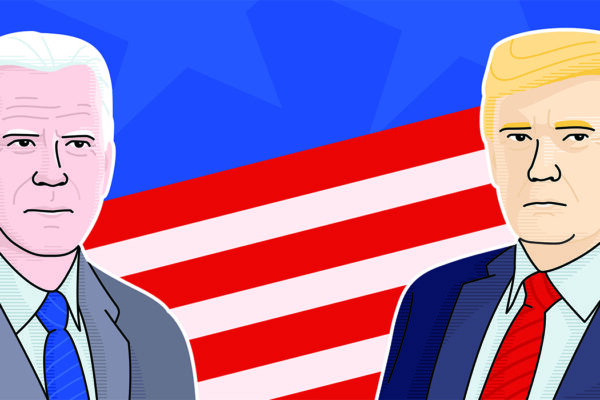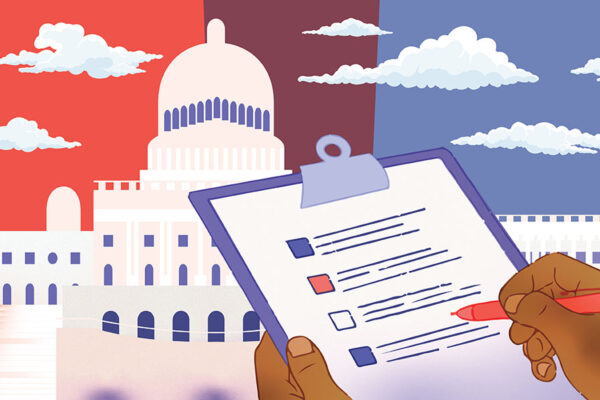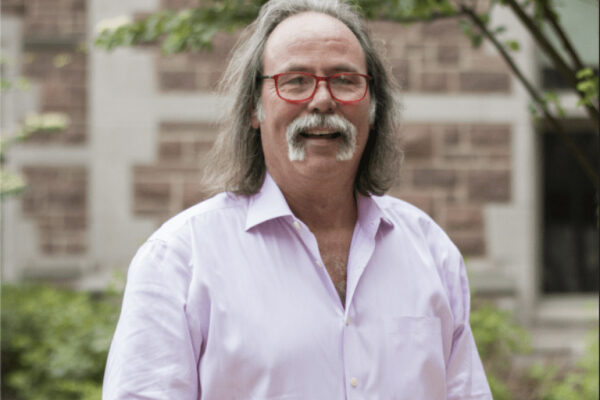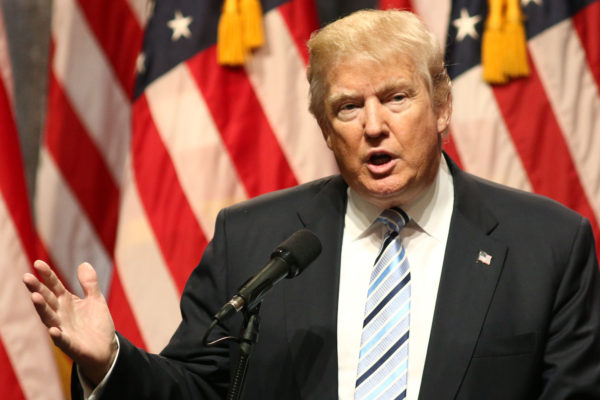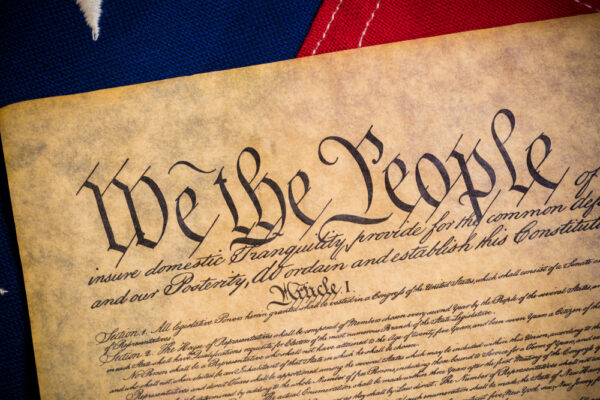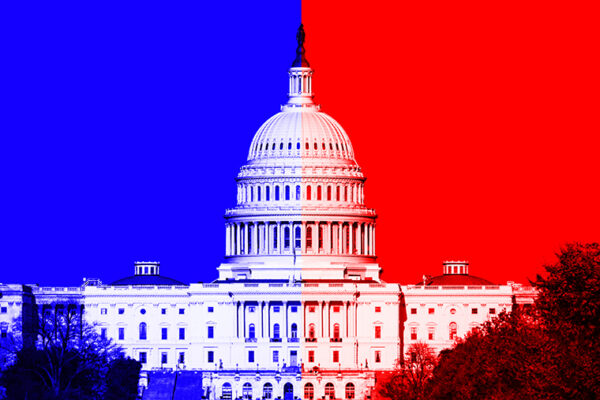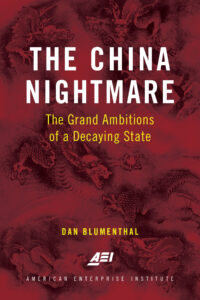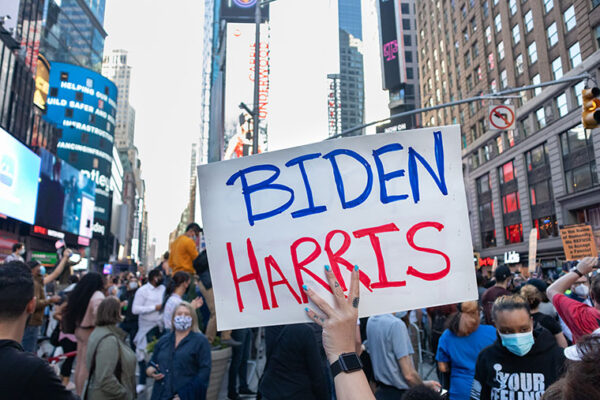New course studies the business of politics
With the specter of COVID-19 and daily twists and turns, last fall’s unusual presidential election served as an exciting live case study for a new Washington University course.
New podcast explores democracy
Now more than ever, it’s important to understand issues from different perspectives. The American Democracy Lab podcast aims to do just that.
The first 100 Biden/Harris days
Faculty experts from across Washington University in St. Louis draw upon their research, their instruction, their experience and their thought leadership to proffer insight and ideas for the new administration, the new beginning.
Gibson recognized by Academy of Science of South Africa
James L. Gibson, who has studied and written extensively about the evolution of South Africa’s democracy in the post-apartheid era, has been elected to the Academy of Science of South Africa as an honorary foreign associate.
Trump self-pardon might open him to prosecution
As Donald Trump prepares to leave the presidency Jan. 20 in the wake of being accused of fomenting the riot at the U.S. Capitol, he is reportedly considering an unprecedented move: the self-pardon. While no president has ever pardoned himself, the act might be more trouble than its worth for Trump, notes Dan Epps, a law professor at Washington University in St. Louis.
What is the 25th Amendment?
In light of the Jan. 6 mob attack on the U.S. Capitol building, many Democrats, and even some Republicans, have called for the use of the 25th Amendment to remove President Trump from office. What is that amendment and how does it work? Washington University in St. Louis law professor Greg Magarian explains.
Is compromise possible in a split Senate?
While there are no formal rules about how the Senate should function in the event of an even split, there is a template, says an expert on congressional politics at Washington University in St. Louis.
The China Nightmare
The Grand Ambitions of a Decaying State
Dan Blumenthal, AB ’94, examines the US’s thorny relationship with China, particularly in light of COVID-19, in this new book.
WashU Expert: Our post-fact reality
The 2020 presidential election is over. Joe Biden has won. And yet the clarity and consensus that elections once brought, however grudgingly, now founders on the shores of post-fact partisanship, says Douglas Flowe, assistant professor of history in Arts & Sciences at Washington University in St. Louis.
The Electoral College
On Nov. 7, Joe Biden was declared the winner in Pennsylvania, making him president-elect of the United States. Yet it had been clear since Americans went to the polls Nov. 3 that Biden would win the popular vote. The days of uncertainty and drama were entirely due to the arcane and archaic mechanics of the Electoral College, says Rachel Brown, an assistant professor at Washington University in St. Louis.
Older Stories

